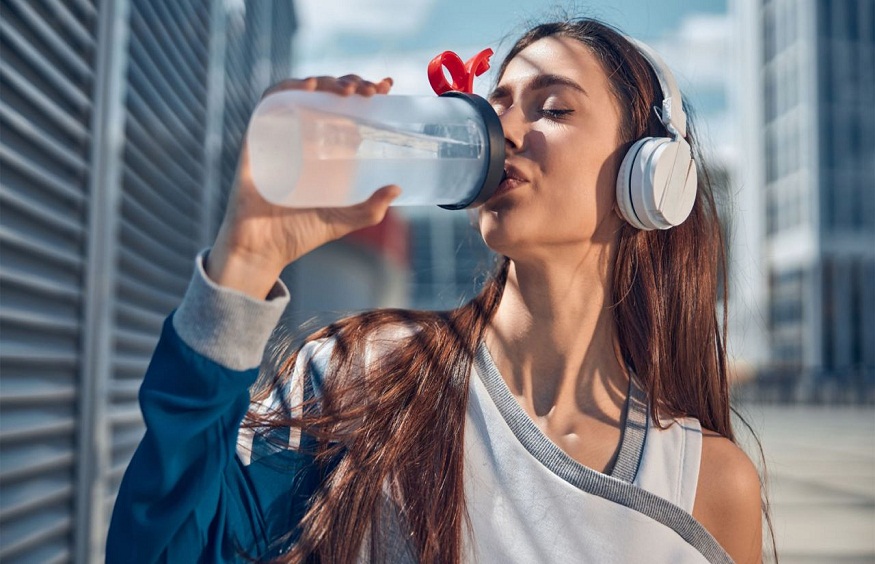Water is vital for life. It fuels our bodies and keeps us going strong. Proper hydration supports digestion, boosts energy, and promotes clear skin. Dehydration can lead to fatigue, headaches, and even confusion. It’s crucial to understand the role of hydration in our health. In places like mount pleasant menopause solutions, experts often stress the importance of drinking enough water daily. Let’s explore why staying hydrated is essential and how it impacts our overall well-being.
Why Hydration Matters
Hydration affects every cell and function in our bodies. Water helps regulate temperature, cushion joints, and protect sensitive tissues. It also plays a role in waste elimination. When we drink enough water, our kidneys function better, flushing out toxins more effectively. The Centers for Disease Control and Prevention notes the importance of swapping sugary drinks for water to help manage weight and reduce calorie intake.
Daily Water Intake: How Much Is Enough?
Experts generally recommend drinking eight 8-ounce glasses a day, known as the “8×8 rule.” However, individual needs can vary based on factors like age, activity level, and climate. The National Academies of Sciences, Engineering, and Medicine suggests about 3.7 liters for men and 2.7 liters for women each day, from all beverages and foods.
Signs of Dehydration
Recognizing dehydration is crucial for maintaining health. Common signs include:
- Dry mouth and skin
- Feeling thirsty
- Dark yellow urine
- Fatigue and dizziness
If you notice these signs, it’s time to increase water intake.
Hydration and Exercise
Exercise increases the body’s need for fluids. Sweating during workouts leads to fluid loss, which needs replenishment. Drinking water before, during, and after exercise can improve performance and recovery. A good rule is to drink water regularly during physical activity, especially in hot weather.
Hydration Tips for Better Health
Staying hydrated doesn’t have to be difficult. Here are some tips:
- Carry a water bottle for easy access.
- Set reminders to drink water throughout the day.
- Include foods with high water content, like fruits and vegetables.
Hydration and Special Conditions
Some health conditions may increase the need for fluid intake. For example, during menopause, staying hydrated can help manage symptoms like hot flashes. Conditions like diabetes and kidney stones also benefit from increased water consumption. Always consult with a healthcare provider for personalized advice.
Hydration and Diet
Water is a key component of a balanced diet. It aids digestion and nutrient absorption. Drinking water before meals can also help control portions and reduce calorie intake. Combining a varied diet rich in fruits and vegetables with adequate water supports overall health.
Water Quality Matters
While quantity is important, so is quality. Safe drinking water is free from contaminants. Checking local water quality reports and using filters when necessary can ensure safe water consumption. Understanding the source and quality of your water is an important part of maintaining hydration.
Optimal Hydration: A Simple Approach
Achieving optimal hydration is simpler than it seems:
| Strategy | Benefit |
| Drink a glass of water first thing in the morning | Jumpstarts metabolism |
| Replace one sugary drink with water | Reduces calorie intake |
| Keep a reusable water bottle handy | Encourages frequent sips |
In conclusion, water is essential for maintaining good health. By understanding the role of hydration, identifying signs of dehydration, and following simple tips, we can improve our well-being. Make water a key part of your daily routine for a healthier, more vibrant life.

